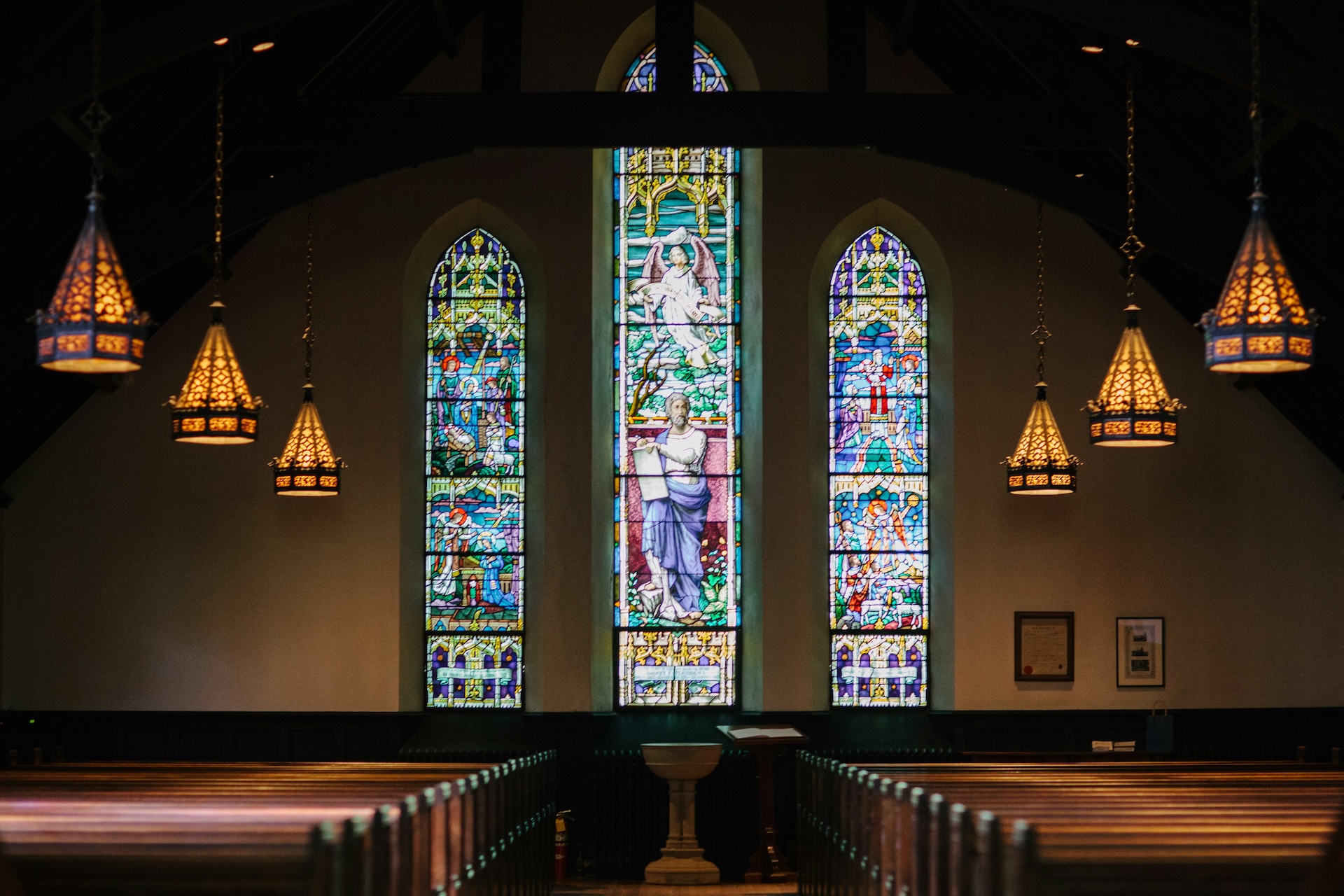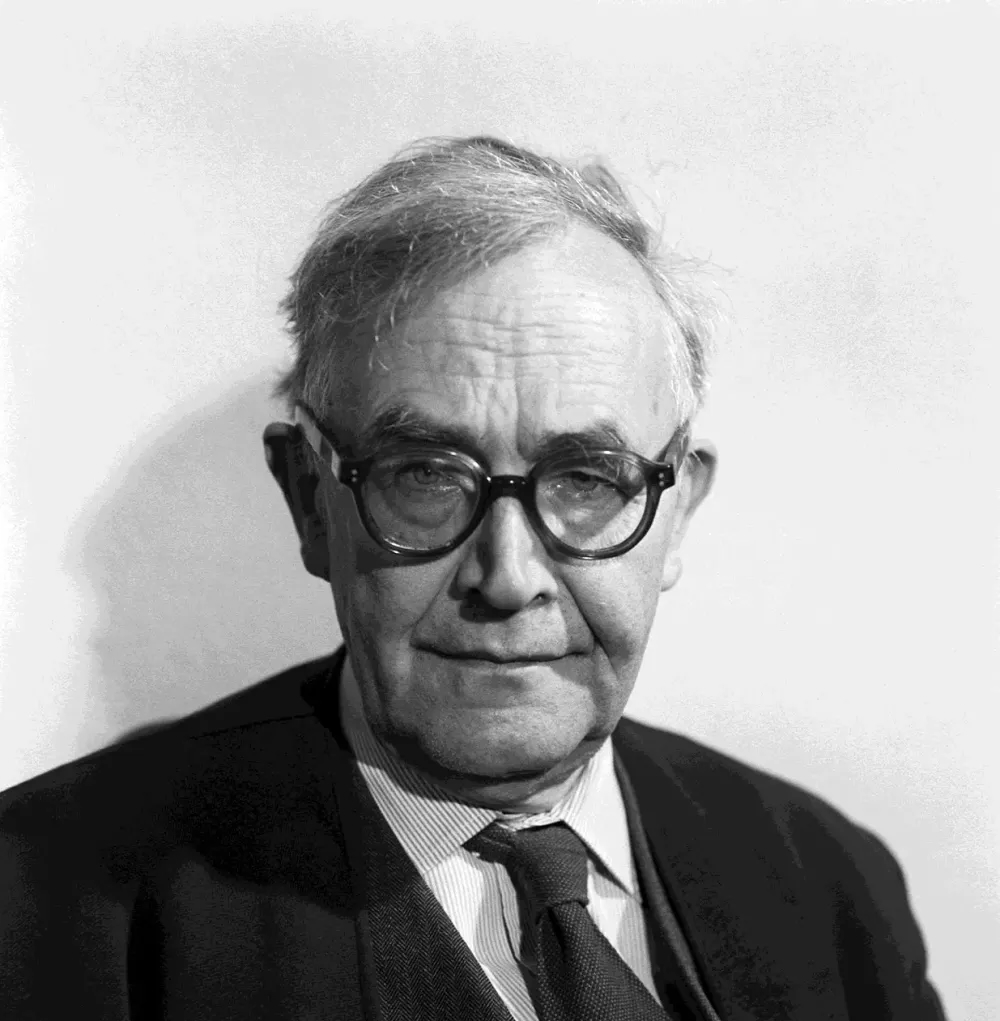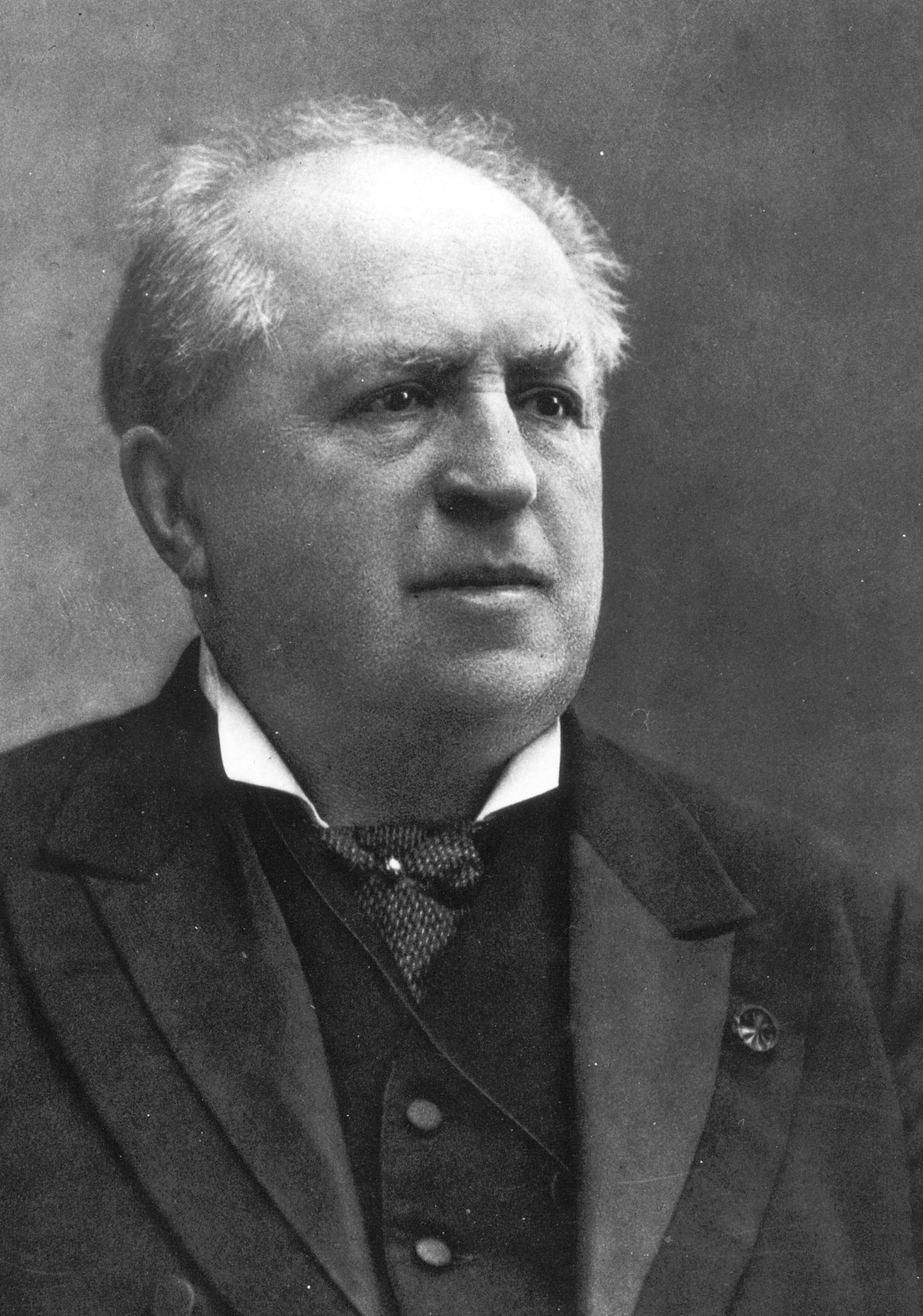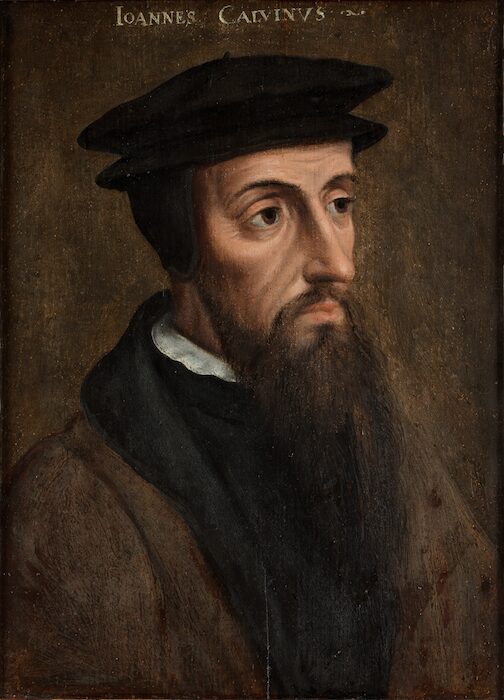
When is a Regime Not a Legal System?
David McIlroy explores when a regime ceases to be a true legal system in his exploration and critique of Robert Alexy’s legal theory.

Our blog offers short, accessible, reflections on important and urgent issues for Christian lawyers, and anyone else involved in law. Here you’ll find quick, stimulating reads created to help and encourage you as you practise your legal vocation – and, indeed, as you live all of life – as a follower of Christ.

David McIlroy explores when a regime ceases to be a true legal system in his exploration and critique of Robert Alexy’s legal theory.

David McIlroy unpacks the moral underpinnings of law and power, offering Christian lawyers a framework to champion genuine justice in their work.

David McIlroy argues that binding both subjects and rulers to transparent, stable rules not only protects against arbitrary power but also illuminates how human law reflects God’s faithful, law-like nature.

Continuing our series on Power, Abuse, and Law, David McIlroy’s new blog post, Tolkien’s Theology of Power, offers a nuanced exploration of how J.R.R. Tolkien’s work challenges Christians—especially those in positions of influence—to rethink the nature and purpose of political authority. Drawing deeply from Tolkien’s letters and fiction, McIlroy presents vital insights for lawyers seeking to balance justice, humility, and responsibility.

The responses of evangelical churches and organisations to allegations of abuse have been vitiated by five factors: wrong expectations, wrong priorities, a wrong reading of biblical stories, a wrong approach to sin and crime, and a wrong view of love and justice.

Contemporary Western society suppresses the concepts of honour and shame, although they re-surface in its media in a theatre of the grotesque. Honour reinforces good behaviour through appeals to a shared morality, while shame penalises bad behaviour through disgrace and exposure. The Bible offers a different social vision, in which honour is respected through discretion, and where shame and disgrace can be dealt with through confession, reconciliation and restoration into the community.

The church and its members are not to be concerned about their reputation for their own sake or as an end in itself. But, they should seek to protect their reputation where the honour of God is at stake, provided doing so is consistent with the countercultural values of the gospel.

Exploring Lon L. Fuller’s critique of Nazi law, David McIlroy examines the debate between legal positivists and natural law theorists on whether the Nazi regime truly adhered to the rule of law or systematically abandoned it.

Explore how Karl Barth’s resistance to tyranny and his vision for law and government offer timeless lessons for Christian lawyers and leaders seeking to integrate faith and justice.

Abraham Kuyper’s insights into law and society remain as relevant today as they were in his time. In the blog post David McIlroy explores some of Kuyper’s most important ideas, highlighting how his theological convictions shaped his vision for law, politics, and the social order.

This article explores John Calvin’s integration of theology, law, and social justice, emphasizing his view that secular rulers, guided by the Law of Moses and natural law, should uphold moral standards, social welfare, and religious protection, and discusses how Calvin’s ideas influenced the development of democratic thought and the relationship between Church and State.
You’ll receive a monthly email with new resources, updates, event information and other curated content to help you live a life where the faith you profess and the law you practice are integrally connected. (Do note: We too hate spam and take your privacy extremely seriously. See our Privacy Policy to understand how we use and protect your data ).
If you want to know anything more about the materials on this website, to book David McIlroy to speak, or you’ve got any other question, please fill out the form here and we shall get back to you speedily.